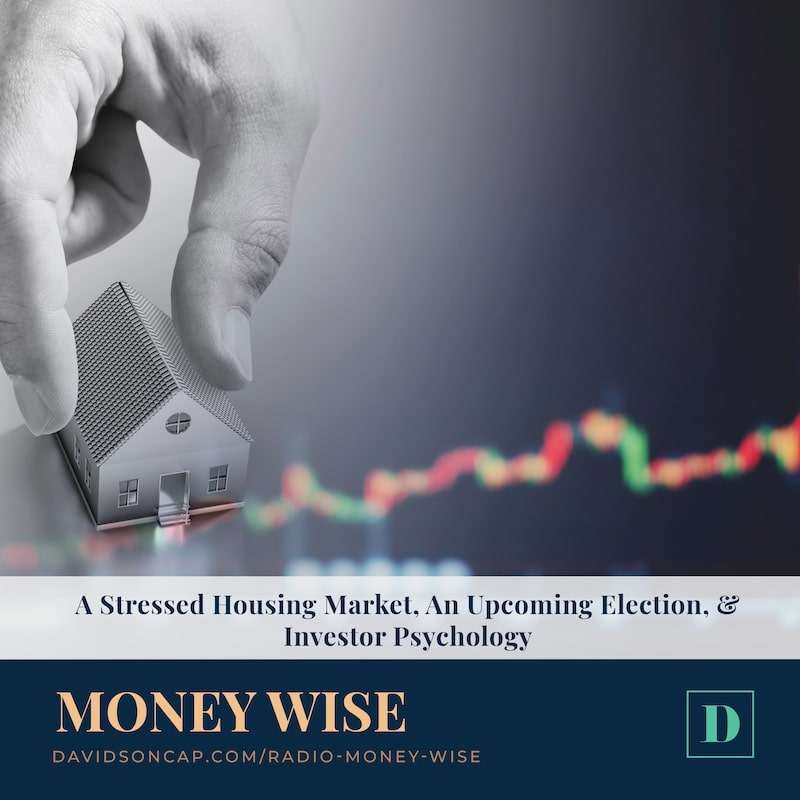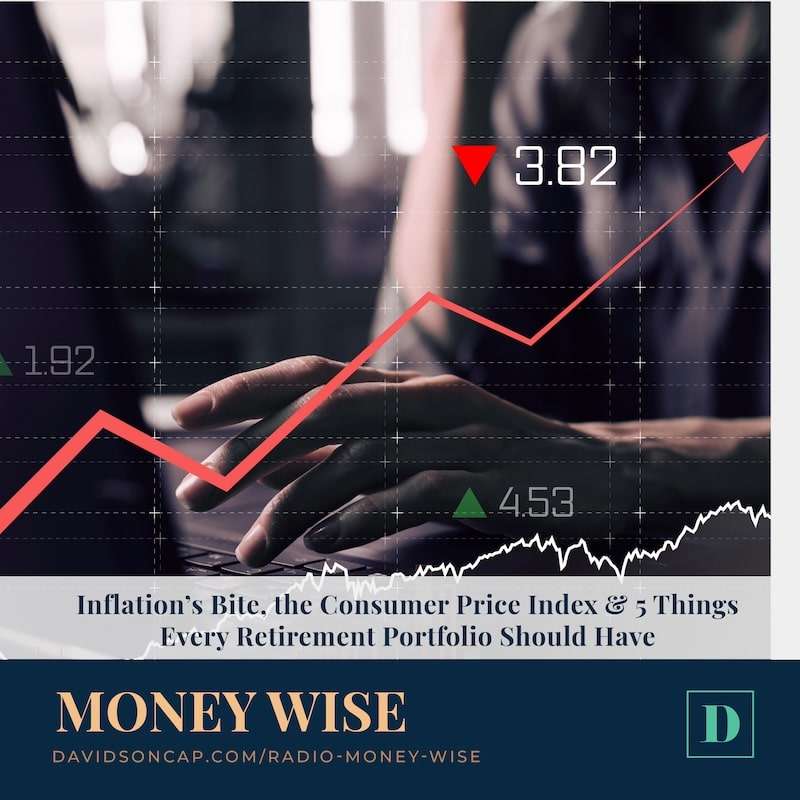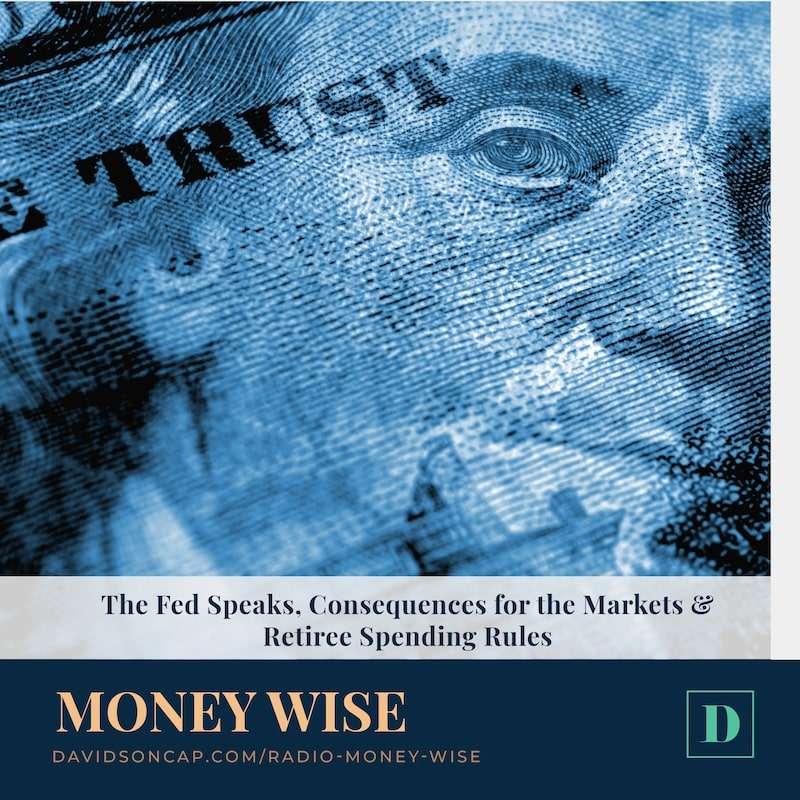Knowing How You Approach Investing is the First Step to Mastering Your Biases
You don’t have to be an expert to know that our emotions and our finances are significantly intertwined. When it comes to investment psychology, much study has gone into the ways that our personality traits, emotions, and behavioral biases impact the way that we invest. Typically, this realm of study is referred to as behavioral finance. According to the CFA Institute, there are four main investor personality types, each with its own distinct behavioral biases.
Understanding which investor personality type you are, and the biases that come with it, can help you gain better control of your emotions, your biases, and, in turn, your finances. Below, we dive into each personality type to help you identify your own and learn how you can improve your approach to making investment decisions.
4 Investor Types: Which One Are You?
Investor Personality Type #1: The Preserver
Investors who are concerned with financial security and prioritize preserving their wealth over taking big risks to grow their wealth are known as preservers. These cautious investors are typically slow-moving and deliberate in their financial decisions, taking the time to weigh out all of the pros and cons before making any big choices. Preservers tend to watch their assets closely and obsessively monitor their short-term performance. They have a lot of anxiety about experiencing losses or making the wrong investment decisions.
Behavioral Bias
Preserver biases are dominated by emotion rather than cognitive types. While being careful with your money isn’t necessarily a bad thing, preservers often get in the way of their own success. Any strong investment strategy looks at the big picture and considers short-, mid-, and long-term goals. Because preservers overemphasize short-term returns, they risk making overly emotional or knee-jerk decisions based on short-term performances. This is problematic, we know because studies show that this sort of investment practice typically causes investors to lose more money in the long run than they would if they stuck it out.
SEE ALSO: Three Reasons to Stay in the Market – Even When It’s Volatile
Investor Personality Type #2: The Accumulator
Investors with an accumulator personality type are investors who are interested in accumulating as much wealth as possible and aren’t afraid to take the risks needed to do so. These investors tend to be full of confidence in their ability to know what is best and want to be in the driver’s seat when it comes to making big investment decisions. Often, accumulators will adjust their portfolio allocations and holdings to market conditions and may struggle to stick to a structured investment plan. Natural born leaders, accumulators tend to be strong-willed and may struggle to build a close relationship with their advisor because of their need to be in control of the decisions making.
Behavioral Bias
The behavioral biases of accumulators are overconfidence, self-control, affinity, and illusion of control. It’s impossible to be 100% sure about knowing the future of something as volatile and unpredictable as the markets. Despite this unpredictability, accumulators stay committed to predicting future returns and consistently overestimate their ability to do so, exposing themselves to extreme and unnecessary risk.
Investor Personality Type #3: The Follower
Followers are investors who might lack knowledge of the financial markets or the confidence to decide for themselves how they want to invest. Generally, followers don’t have their own ideas about investing. Instead, they are passive investors and follow whatever investing fad is most popular, the direction of their friends or family members, or the status quo. Because of this, their investment decisions fail to take into consideration any kind of long-term financial plan they may have.
Learn more about Behavioral Biases on the Money Wise podcast: Staying Out of the ‘Feelings Corner’ & Examining Investor Psychology
Behavioral Biases
Biases of followers are typically cognitive, rather than emotional. Some of the more common followers’ biases are recency, hindsight, framing, regret aversion, and cognitive dissonance. Making investment decisions based on what everyone else is doing is how we end up with investment bubbles and crashes in the stock market. Everybody’s situation is unique, meaning everybody’s investment strategy must be, as well. Your friends aren’t going to know what investment decisions are best for you, so it’s important that you make your investment decisions for yourself and understand how they fit into your long-term financial plan.
Investor Personality Type #4: The Independent
Independents are investors who like to take a more hands-on approach in the investment process. These investors are typically super engaged with the markets and are passionate about investing, coming up with their own theories and ideas about various investment strategies. Independents tend to have a more analytical mind and make their investment decisions based on logic and gut instinct. These investors often have unconventional views of investing and are fairly open to taking risks with their investments. Adept at speaking the language of finance, independents are comfortable collaborating with advisors, using them as a sounding board for their investment ideas.
Behavioral Bias
Independents’ biases are cognitive conservatism, availability, confirmation, and self-attribution. Similar to accumulators, independents run the risk of being too confident in their ability to know what’s best. They often rely too heavily on their own research and thinking, rather than listening to a voice of reason or expert in the field.
SEE ALSO: Investor Psychology: How Bias Can Lead to Poor Investment Decisions
Master Your Biases, Master Your Portfolio
Investing involves the unknown. There is an almost limitless number of factors that influence the direction of the markets. It’s impossible for anyone, no matter how knowledgeable or diligent to assimilate all these elements into a strategy that accurately and consistently predicts the direction of the stock market. What we can know for certain is ourselves and our inclination for certain investment behaviors. And in that, we can gain better control of our emotions and biases, making us smarter and wiser investors.
At Davidson Capital Management, our team is dedicated to actively managing your assets to navigate the complex and often emotional world of investing. We’re here to help you monitor your emotions and biases, educate you on our investment management philosophy, and empower you to stick to an investment strategy that’s right for your unique situation. If you’d like to speak with one of our portfolio managers about your investment strategy, please contact us today.




